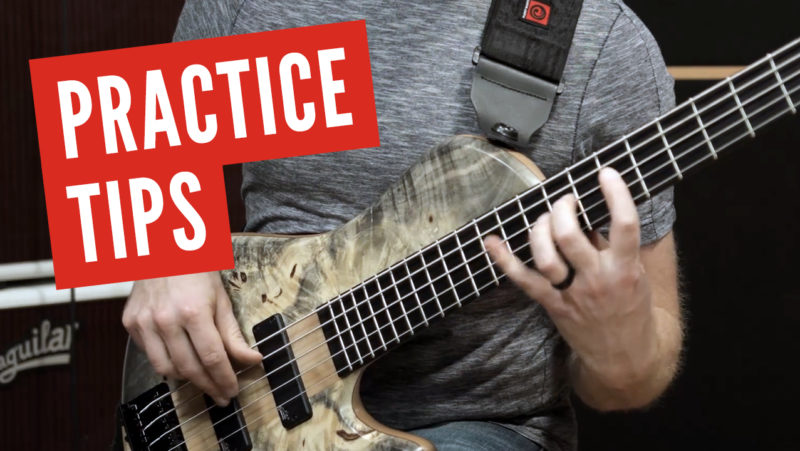Joe leaves a comment on my video Locking with the Kick Pattern from the How to Get Hired series here at TB.N:
The problem is when you have a drummer who isn’t tasteful with his kick or overplays it. I refuse to follow a poor drummer. There are no hard fast rules. Let taste be your guide.
Absolutely, Joe, I feel you pain! Nothing can be harder than trying to fit a square peg in a round hole, and playing with an inexperienced (or unaware) drummer can be pretty grueling. But actually, one of my favorite things is to make bad drummers sound great; especially if I can do so without them knowing it! Sure, it’s a bit manipulative, but it’s harmless to their ego and it gets the job done!
A good way that I’ve found to deal with these kinds of drummers is to wait for a break in the set or the rehearsal and then ask, “Hey, what’s the kick pattern in this part?”
Now typically I already know what it’s supposed to be – I’m not really asking – but I just want to get this drummer thinking about it since he/she probably doesn’t realize that the groove is lacking. This way I don’t sound like a jerk, I won’t make the drummer angry or get defensive and the end result is usually him or her saying, “Hmm, I think it’s supposed to be [fill in the blank],” and then we’ll go with whatever they come up with.
This is just an easy way to open up communication between the two of us and, if the drummer is unaware of it, establish that we need to be syncing up with our kick patterns. Now in a perfect world that’s all you need to do – BUT! – chances are that a drummer at this level of experience will probably need to be reminded of this. So if I notice the drummer starting to overplay or drift away from the groove again, I’ll just remind him/her, “Hey, what’s the kick pattern again? I think I lost it, we’re definitely not locking.”
Most of the time their eyes roll up into their heads in search of an answer, and quickly come back with, “Ya I think I lost it too. It’s supposed to be…” And then we’re on track again.
I like doing it this way because nobody gets their feelings hurt, the problem usually gets solved and this drummer is going to try and think harder about the groove because he/she knows that YOU keep noticing that it’s not lining up when THEY don’t hear it. This develops some trust and respect between you both, rather than animosity or anger. So that’s my advice Joe. In a perfect world you wouldn’t need to do this more than once or twice (or at all, for that matter) at a gig and you may find that you need to pick your battles; if you can tell that the drummer is just barely making it through the song or the set then you may be better off avoiding this scenario (and this particular player!) altogether. As you said perfectly, “let taste be your guide.” I hope that helps Joe, and please don’t hesitate to ask if you have any further questions!
Jayme










